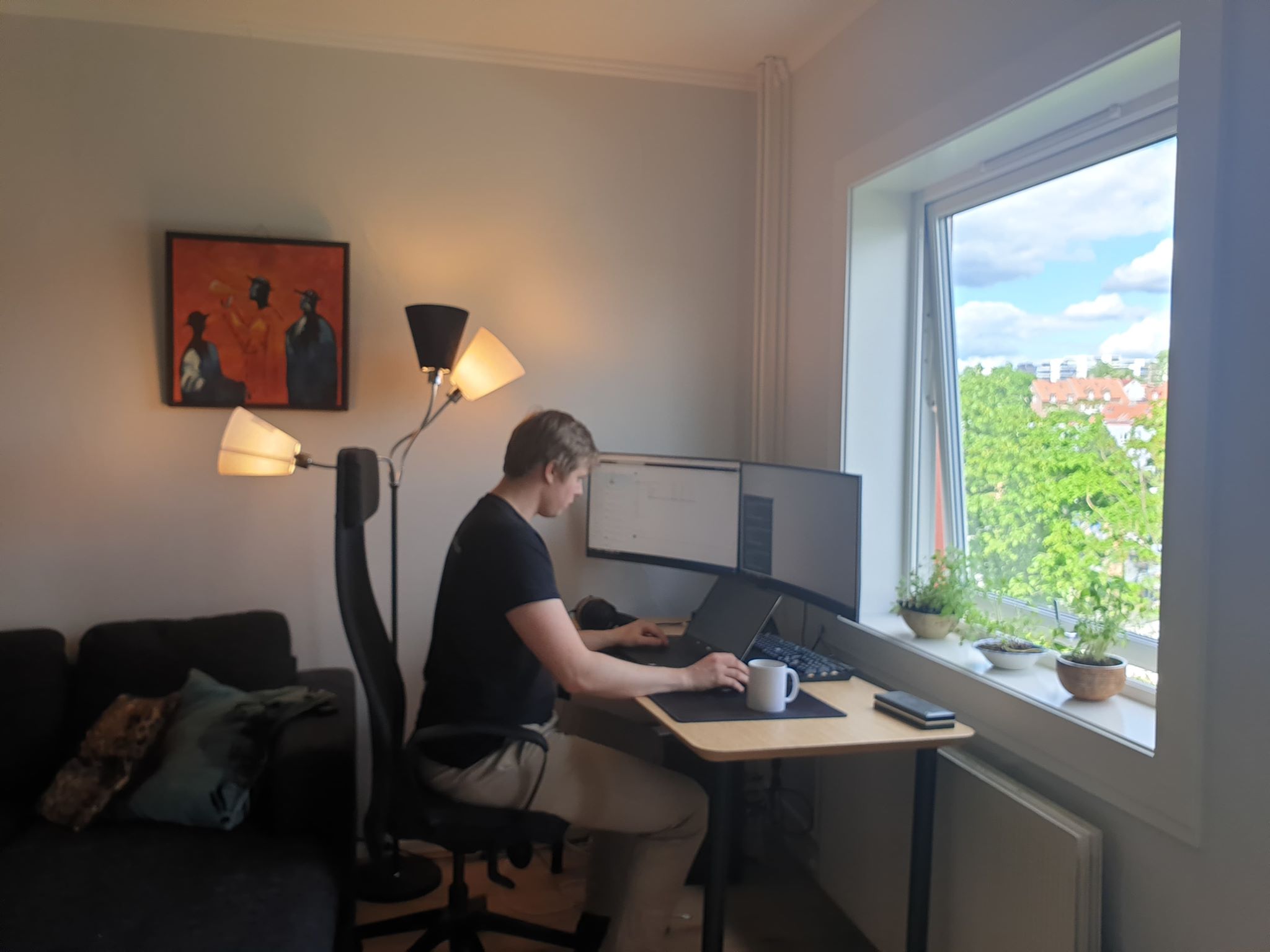Visma bWise is a company of problem-solvers. They exist to create digital tools that help realize value and extract insights for their customers. We spoke to Haakon Hammarbeck, a solution architect with Visma bWise, on how contextualized and organized data, will help spread data use to all corners of a company. Listen to the full episode below or read on for the highlights.
Accessibility of data is something that’s on the mind of Haakon Hammarbeck of Visma bWise. It’s no longer an issue of having the right technology. Rather, it’s about getting an entire company to realize the value.
“What’s becoming more and more important is the need to not just ask some data scientist to solve all of your problems. You can’t just dump the data in a platform and use AI on it, and then (expect) it will realize value for you,” says Hammarbeck.
Rather, he believes that your time is better spent on including end-users and subject matter experts, and identifying your biggest pain points. The technology is already there, so it’s all about mobilizing the organization to be able to access, understand and use the data in a good way.
 Working in his home office, Haakon says, “Most companies realize the value and power of data. In order to realize the value long-term…you need to have a data foundation, and as much care and ownership of your digital twin as your physical business.”
Working in his home office, Haakon says, “Most companies realize the value and power of data. In order to realize the value long-term…you need to have a data foundation, and as much care and ownership of your digital twin as your physical business.”
Data is only as valuable as it is accessible
As the podcast host says, you need to present data in a context that is meaningful for each user and understandable in context with other relevant data. That’s where you hit the sweet spot, where data becomes truly valuable.
“You can pull all the data you want out of silos, put it into Cognite Data Fusion®, and contextualize it. But if it’s not organized in a data catalogue, it quickly becomes a data swamp,” Hammarbeck explains.
It’s kind of like going to the library. How often are you really going to check out a book, if the books are randomly placed and out of order? Seems like more work than it’s worth. That’s exactly how an end-user may feel if told, ‘here’s all this data, just go ahead and use it…but, by the way, nothing has been done to make it easier to find what you’re looking for’.
Find what you are looking for, and find it fast
Hammarbeck explains that when the data is contextualized properly, it enables the end-user to find exactly what they are looking for, quickly. Essentially, it’s about quick access to a range of data for all the different systems.
“The core problem this solves is that we can (now) get all the relevant data from all the different source systems and source system owners, and all the different types of business logic, into one data model.”
He uses the example of being able to access all the data you need within one week. With this data, you can create a ‘proof of concept’, to quickly and easily explore what could be accomplished on a larger scale, without the added headache of asset rights and understanding how different databases work. It’s all there, in one place, allowing the end-user to see the end-case more clearly.
Nobody puts data in the corner
“Most companies realize the value and power of data. In order to realize the value long-term…you need to have a data foundation, and as much care and ownership of your digital twin as your physical business.”
Hammarbeck has been working with Cognite Data Fusion® for the past year-and-a-half, and he’s seen the evolution in use of data even within that relatively short period of time. He sees this effort evolving more and more into an apparatus the manages data for the entire business, no matter who uses it.
There’s a shift happening in heavy asset industries. Companies are increasing their digital maturity, seeing how relevant it is and continuing to invest. The benefits of using data are creeping into all corners of organizations today, and hidden away on the desktops of the data scientists alone.
Because, as Hammarbeck says, “It serves the company and not just a few crews in a project.”
Listen to Cognite Convos on Spotify or Apple Podcast.
